Navigating small business tax can be a daunting task for business owners in the UK. With a myriad of obligations ranging from VAT returns to Corporation Tax, it’s vital to stay informed and organised.
This article aims to shed light on key aspects of small business tax, ensuring you remain compliant and efficient.
Understanding your tax obligations
Small business tax encompasses various forms, and it’s crucial for business owners to understand what taxes they need to pay.
This typically includes:
- income tax & national insurance contributions (NICs) — these are levied on your business’s profits.
- corporation tax — this applies to the profits of limited companies.
- VAT and business rates — businesses surpassing the VAT threshold, currently £85,000, must register for VAT.
Awareness of the taxes small businesses pay sets the foundation for efficient tax management.
Accurate and timely record-keeping in business accounting
The cornerstone of managing your small business tax effectively is maintaining precise and up-to-date records.
This entails systematic recording of invoices, receipts, and bank statements, ensuring all financial transactions are accurately captured.
Modern business accounting software does a lot of the heavy lifting, offering an efficient way to manage your financial data.
Timely record-keeping is crucial for preparing accurate tax returns and is essential if HMRC requests evidence of your accounts.
Adhering to tax deadlines
Late tax submissions can lead to penalties, therefore it’s essential to keep track of important deadlines, such as:
- 31st January for submitting your self-assessment tax return and making payments for the previous tax year.
- 31st July for self-assessment payment on account.
- corporation tax is usually due nine months and one day after your company’s financial year-end.
- If you’re VAT registered, VAT returns and payments, are typically due one month and seven days after your VAT period concludes.
Maximising tax allowances and reliefs
Understanding and utilising tax allowances and reliefs can significantly reduce your tax liability.
For example, the Annual Investment Allowance permits the deduction of the full value of qualifying assets from your profits before tax.
The Employment Allowance can reduce the NICs bill for those who employ staff.
Registering for VAT
Once your business hits the VAT threshold, registering for VAT becomes mandatory.
This process adds another layer to your tax responsibilities, involving periodic VAT returns and understanding the distinction between standard-rated, reduced-rated, and zero-rated goods and services.
Choosing the right VAT scheme
VAT schemes can streamline how you handle your VAT return.
The flat rate scheme simplifies the calculation and could reduce your VAT bill.
The cash accounting scheme lets you pay VAT on your sales when customers pay you and reclaim VAT on purchases after paying your suppliers, aiding cash flow.
Pro tip: for effective tax payment planning
Regularly setting aside funds for tax liabilities ensures you’re prepared for upcoming payments, avoiding cash flow issues.
Get the right guidance and stay updated
The complexities of business tax and frequent legislative changes warrant professional advice.
An accountant or tax advisor can guide you through intricacies such as when to pay corporation tax, how to file a company tax return, and understanding dividend tax.
Keeping abreast of changes in tax legislation, often announced in government budgets or updates, is vital.
These changes can affect everything from your VAT return to how much dividend tax is paid.
Different business structures mean different tax regulations
Your business structure significantly influences your tax responsibilities.
Sole traders and partnerships have different obligations compared to limited companies, especially regarding how tax is paid and the necessity to pay national insurance contributions.
For limited companies, understanding and correctly handling corporation tax is imperative.
This includes knowing how to file a company tax return to HMRC and planning for the payment within the stipulated deadline.
As a business owner, it’s also important to understand personal tax allowances.
Tax-free allowances and dividend tax — which applies if you’re taking dividends from your company — are common areas that small business owners need to be aware of.
Don’t forget the tax year!
The current UK tax year runs from 6th April 2023 to 5th April 2024.
It’s crucial for planning and organising your financial affairs and tax returns that you make a note of this time frame.
Stay on top of your tax
Effectively managing your small business tax is more than just an obligation; it’s a crucial component of your business’s success.
By staying informed, keeping accurate records, planning ahead, and seeking professional advice, you can navigate the complexities of taxes with confidence.
Remember, good tax management is not only about compliance but also about understanding opportunities to optimise your tax position.
Talk to us, and we’ll help you stay on top of your small business tax.







